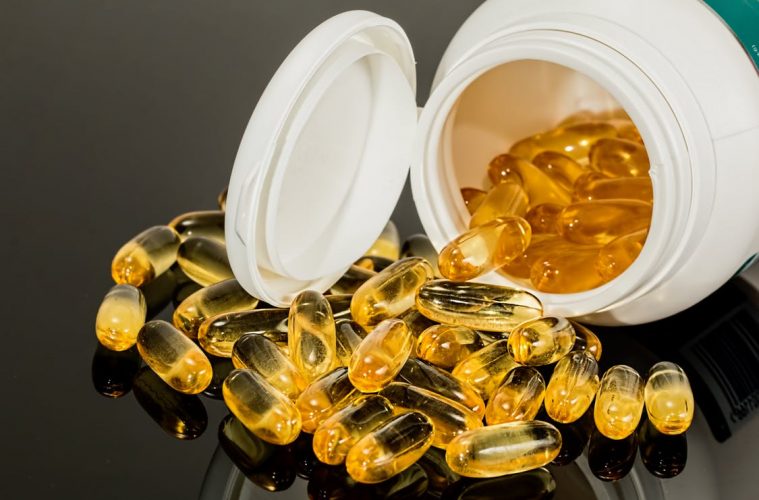With 2019 in full swing, a lot of us are keen on seeing our resolutions through, whether they be to find a new partner or lose some weight. In order to look as good as possible, though, some of us are turning to dietary supplements without really knowing how they’ll impact our health. While dietary supplements aren’t all bad, misuse of them can promote the eating disorders that are already prominent in the LGBT community. As such, while you’re doing your best to look like Salman Khan, consider the supplements you use with care.
Identifying Supplements
Dietary supplements,according to The Pharma Review, are pills, energy bars, or drink mixes that provide a person with nutrients that otherwise might not get over the course of a day. Because supplements can stand in for vitamins that the foods you’re eating lack, dietary supplements are advertised as healthy additions to a person’s diet. Some of the most popular supplements includefish oil, ginger, green tea, melatonin, and calcium.
Using Supplements
Dietary supplements can do more than stand in for the vitamins and minerals you’re not getting during the day, though. A number of corporations sell supplements that encourage weight loss or increase sex drive. Supplements are, in particular, said to help people lose weight by boosting metabolism and eliminating the need for a person to go to the gym. Green tea, for example, has been said to raise a person’s metabolism and help them burn fat much faster. Who wouldn’t be interested in getting fit with the help of a pill, then, if it meant you didn’t have to sweat?
The Positive Impact of Supplements
These supplements are good for more than losing weight, though. If you’re low on vitamin C, for example, you can use Emergen-C in order to give your immune system a boost. Alternatively, if you’re interested in going vegan, you can use dietary supplements to make sure that your body gets the iron it needs without having to eat meat or consume dairy products.
The Negative Impact of Supplements
The benefits of these supplements may have been exaggerated, though. Take green tea, for example. Yes, green tea can help you lose weight, but it won’t melt away the pounds overnight like some people may expect. The same can be said for other dietary supplements advertised as weight loss aids – in many cases, these pills, powders and other nutritional aids are fake. Instead of helping you lose weight, these untested or placebo supplements can thin your blood and disrupt the work other medications you’re taking do.
So while dietary supplements may not be all bad, you need to consider them carefully before you start taking them. Sometimes the benefits of these supplements offer more risk than they do reward. As such, you’ll be better off if you look to fresh fruits and vegetables before you start in on any new protein shakes – and your body will thank you.
- Unexpected Cities Embrace the LGBTQ+ Community: International Travel Locations for a Memorable 2025 - January 22, 2025
- Bollywood Finally Spotlights LGBTQ Relationships — But Further Progress Is Still Required - December 30, 2024
- Here’s Why Pattaya Is One of The Best LGBTQ+ Hotspots In Asia - July 28, 2024


